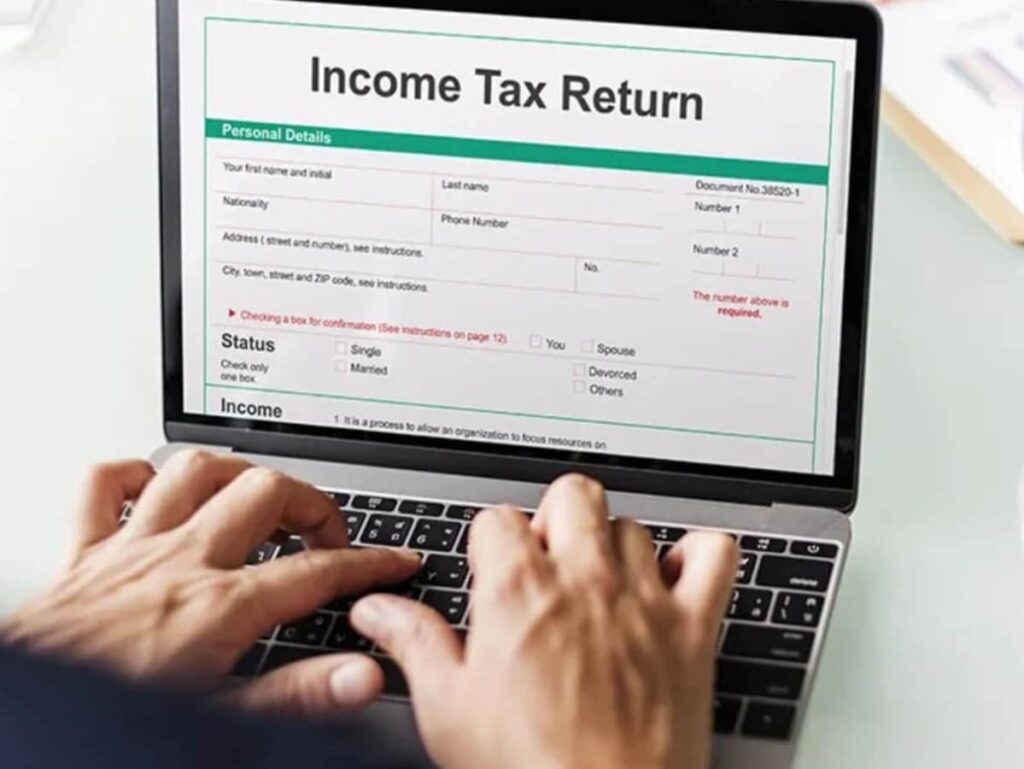Filing Income Tax Returns (ITR) is an essential process for all taxpayers in India. Typically, the ITR forms are notified around February to March, ahead of the end of the financial year. However, this year has seen a delay in the notification and facilitation of the ITR forms and documents, raising concerns among taxpayers about the repercussions of late submissions.
Understanding ITR Forms
ITR forms are critical for individuals and businesses to report their income, claim deductions, and pay taxes. Each form is designed for a particular category of taxpayer. It’s vital to choose the appropriate form to avoid complications during filing.
Common Types of ITR Forms
| ITR Form | Applicable For |
|---|---|
| ITR-1 (Sahaj) | Individuals with income up to INR 50 lakh, with income from salary, one house property, and other sources. |
| ITR-2 | Individuals and Hindu Undivided Families (HUF) not carrying out business or profession. |
| ITR-3 | Individuals and HUFs earning from a business or profession. |
| ITR-4 (Sugam) | Individuals, HUFs, and firms with a total income up to INR 50 lakh opting for presumptive taxation. |
Reasons for Delay in Notification
The delay in notifying ITR forms this year can be attributed to several factors, including:
- Regulatory Changes: The government may implement new tax regulations that require adjustments to existing forms.
- Technical Issues: Enhancements to the e-filing portal may lead to temporary delays.
- Public Feedback: The authorities may seek feedback from stakeholders before finalizing the forms.
Implications of Delay
Taxpayers must remain informed about the new timelines and implications of the delayed notifications. Filing returns after the prescribed due date can lead to penalties and interest charges.
Key Dates to Remember
- Due Date for Individual Taxpayers: Generally, the due date is July 31st for the financial year.
- Late Filing Penalty: The penalty for late filing can range from INR 1,000 to INR 10,000, depending on the time of delay and the income level.
How to Prepare for ITR Filing
To ensure a smooth filing process, taxpayers should consider the following steps:
- Gather Documents: Collect all necessary documents, such as Form 16, bank statements, and proof of deductions.
- Stay Updated: Regularly check the official Income Tax Department website for updates on ITR forms.
- Consult a Tax Professional: If unsure about the filing process, consulting a tax advisor can prove beneficial.
Conclusion
The delay in the notification and filing of ITR forms can pose challenges for taxpayers; however, being proactive and prepared can mitigate many of these issues. Staying informed on changes and deadlines is crucial for a seamless filing experience every financial year. As the tax landscape continues to evolve, understanding your obligations and options will aid in efficient compliance.
